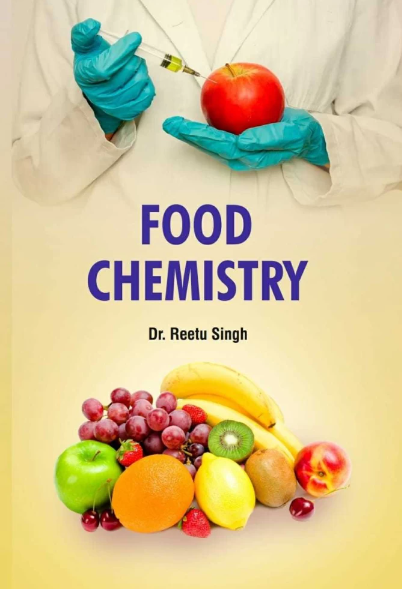用循环水养殖-禁食策略(RASF)调节鳙鱼肠道微生物群并提高鱼肉品质
IF 9.8
1区 农林科学
Q1 CHEMISTRY, APPLIED
引用次数: 0
摘要
集约化水产养殖往往导致鱼的质量下降,需要一种策略来恢复鱼的养殖后质量。本研究提出了一种新的循环水禁食养殖策略(RASF),并评估了其对鳙鱼肉品质和肠道菌群的影响。结果显示,RAS-F显著降低体脂和蛋白质,达到减肥和塑形的效果。as - f降低了硬度,增加了弹性,有效改善了织构。非风味化合物,尤其是醛类和酮类减少,鲜味氨基酸(UAA)显著增加。值得注意的是,脂肪酸谱发生了变化,饱和脂肪酸(SFA)减少,多不饱和脂肪酸(PUFA)显著增加。肠道菌群的多样性和丰富度在禁食期间得到改善,关键微生物(Cetobacterium, Bacteroides, Akkermansia)有助于PUFA和UAA的合成以及异味化合物的降解。这些发现突出了RAS-F在提高鱼类品质和揭示微生物机制方面的潜力,为培养后改善提供了见解。本文章由计算机程序翻译,如有差异,请以英文原文为准。


Recirculating aquaculture-fasting strategy (RASF) to modulate gut microbiota and enhance the fish meat quality of bighead carp (Aristichthys nobilis)
Intensive aquaculture often leads to a decline in fish quality, and requires a strategy to restore the post-culture quality of fish. This study presents a novel recirculating aquaculture-fasting strategy (RAS![]() F) and assesses its impact on meat quality and gut microbiota of bighead carp. Results revealed RAS-F notably reduced body lipid and protein, achieving weight loss and body reshaping. RAS-F decreased the hardness, increased the springiness, and effectively improved the texture. Off-flavor compounds, especially aldehydes and ketones, were diminished, while umami amino acids (UAA) increased significantly. Noticeably, fatty acid profiles shifted, with reduced saturated fatty acids (SFA) and significantly increased polyunsaturated fatty acid (PUFA). Gut microbiota diversity and richness improved over fasting, with key microorganisms (Cetobacterium, Bacteroides, Akkermansia) contributing to PUFA and UAA synthesis as well as the off-flavor compounds degradation. These findings highlight the potential of RAS-F to enhance fish quality and reveal microbial mechanisms, offering insights for post-culture improvement.
F) and assesses its impact on meat quality and gut microbiota of bighead carp. Results revealed RAS-F notably reduced body lipid and protein, achieving weight loss and body reshaping. RAS-F decreased the hardness, increased the springiness, and effectively improved the texture. Off-flavor compounds, especially aldehydes and ketones, were diminished, while umami amino acids (UAA) increased significantly. Noticeably, fatty acid profiles shifted, with reduced saturated fatty acids (SFA) and significantly increased polyunsaturated fatty acid (PUFA). Gut microbiota diversity and richness improved over fasting, with key microorganisms (Cetobacterium, Bacteroides, Akkermansia) contributing to PUFA and UAA synthesis as well as the off-flavor compounds degradation. These findings highlight the potential of RAS-F to enhance fish quality and reveal microbial mechanisms, offering insights for post-culture improvement.
求助全文
通过发布文献求助,成功后即可免费获取论文全文。
去求助
来源期刊

Food Chemistry
工程技术-食品科技
CiteScore
16.30
自引率
10.20%
发文量
3130
审稿时长
122 days
期刊介绍:
Food Chemistry publishes original research papers dealing with the advancement of the chemistry and biochemistry of foods or the analytical methods/ approach used. All papers should focus on the novelty of the research carried out.
 求助内容:
求助内容: 应助结果提醒方式:
应助结果提醒方式:


